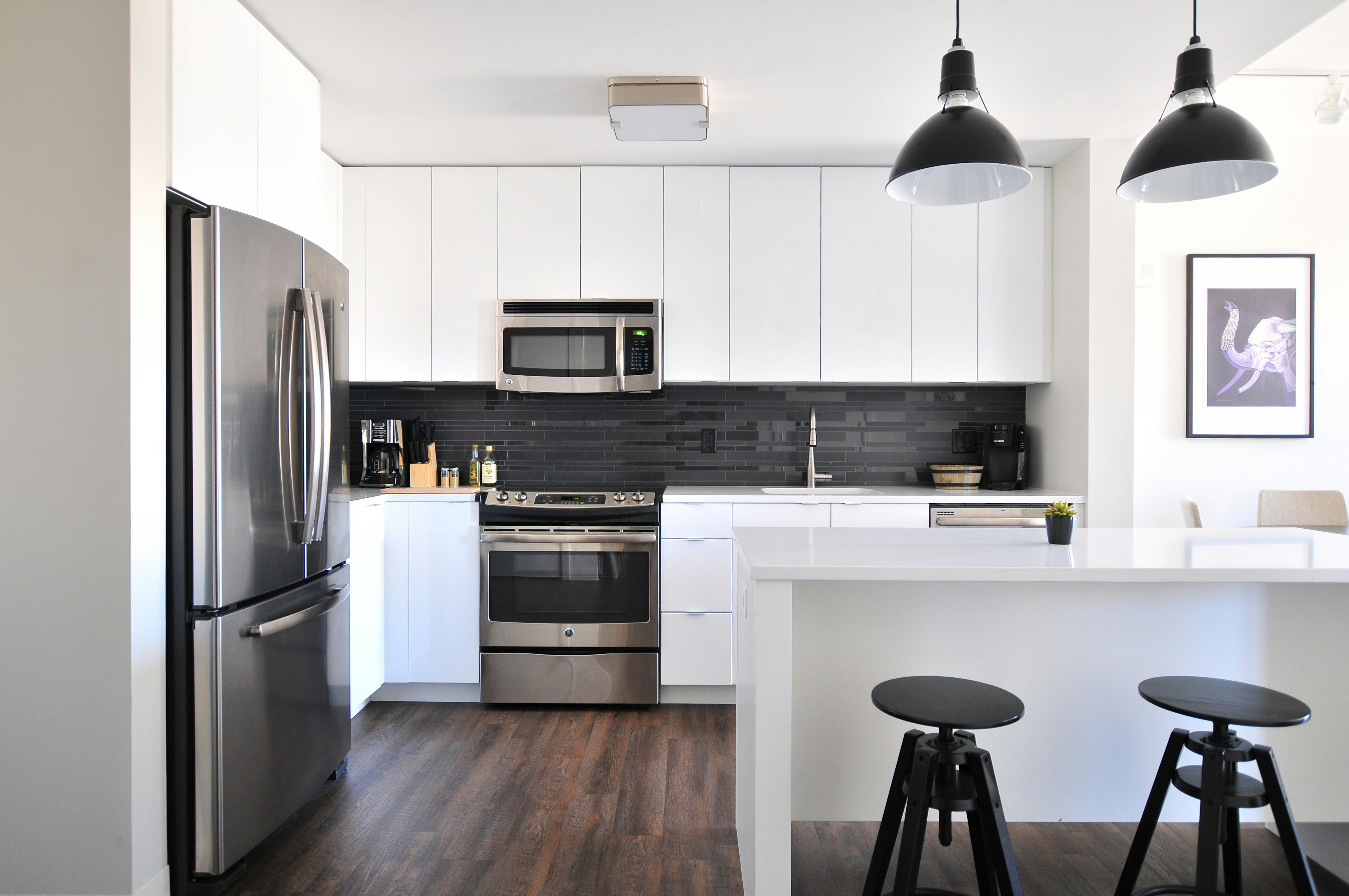Home
Whether you decide to proceed with a single job or use our discount on multiple projects, we take the worry out of home improvements from start to finish.
Introduction
Buying your first home is a significant milestone and a considerable investment. The process can be complex, but with the right knowledge and preparation, you can navigate it successfully. This complete guide is designed to help first-time home buyers understand the essential steps and considerations to make informed decisions. Whether you are in the early stages of thinking about buying or you are ready to make an offer, this guide covers everything you need to know.Introduction
Understanding your financial health
The first step in the home-buying process is assessing your financial health. This includes understanding your credit score, setting a realistic budget, and saving for a down payment.
Credit score: Your credit score is one of the most important factors in getting approved for a mortgage and securing a favorable interest rate. Before you start house hunting, check your credit score and review your credit reports for any errors. A score of 700 or higher is generally considered good and can help you qualify for better mortgage terms. If your score is lower, consider taking steps to improve it by paying down debt and avoiding new credit inquiries
Budgeting: Knowing how much you can afford is crucial. Start by reviewing your monthly income and expenses. Consider using the 28/36 rule, which suggests that your monthly housing expenses should not exceed 28% of your gross income, and your total monthly debt payments should not exceed 36%. This will help you determine a realistic price range for your new home.
Down payment and closing costs: Saving for a down payment is a significant part of the home-buying process. While a 20% down payment is ideal to avoid private mortgage insurance (PMI), there are options for lower down payments, especially for first-time buyers. Remember to also budget for closing costs, which can range from 2% to 5% of the loan amount, as well as moving expenses and any immediate repairs or renovations.












